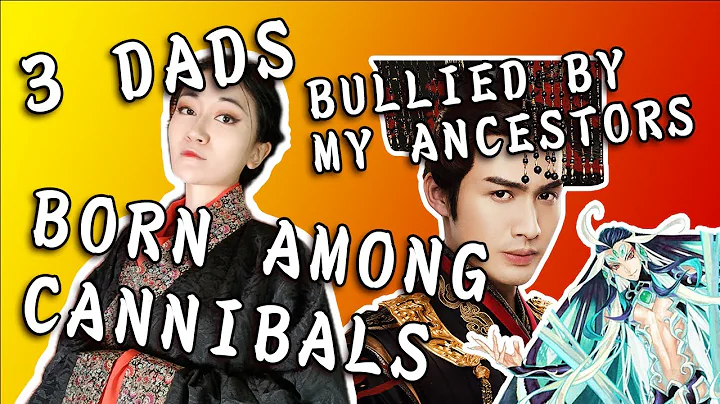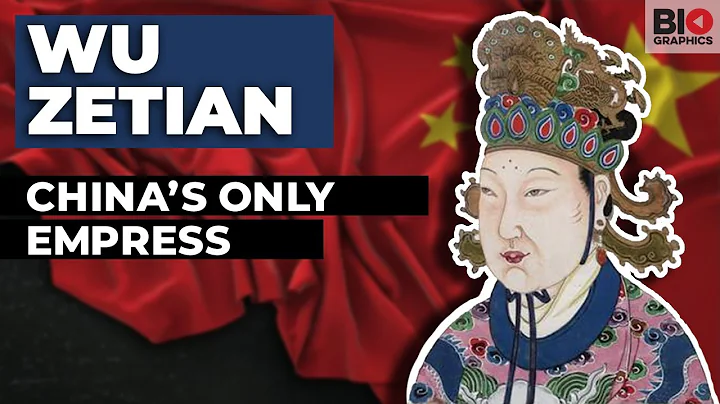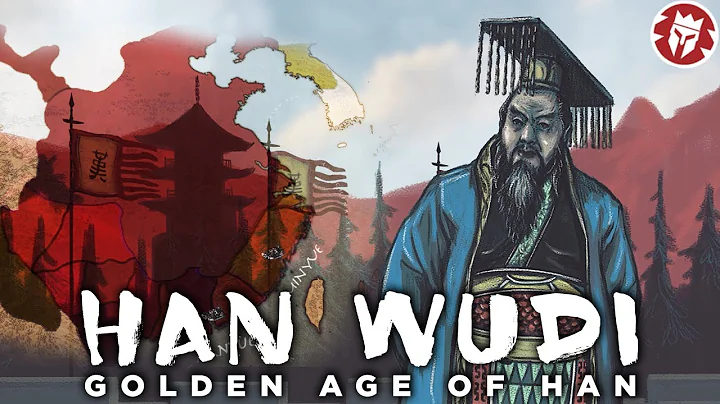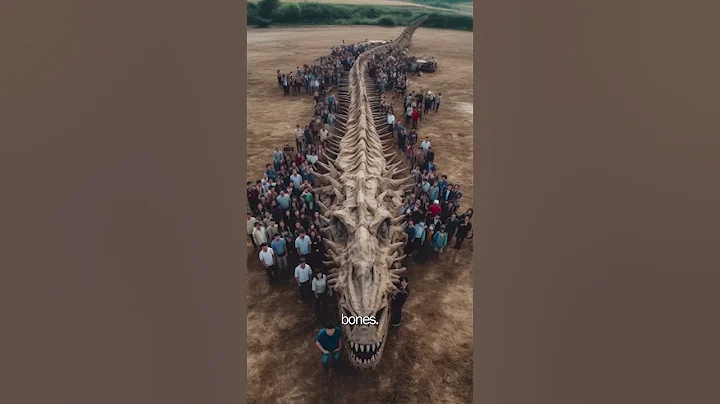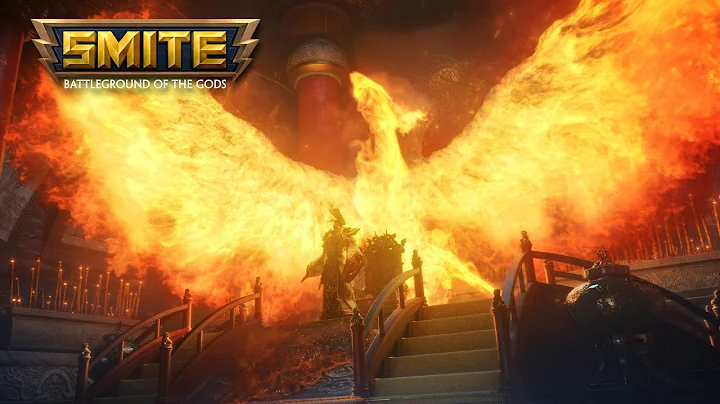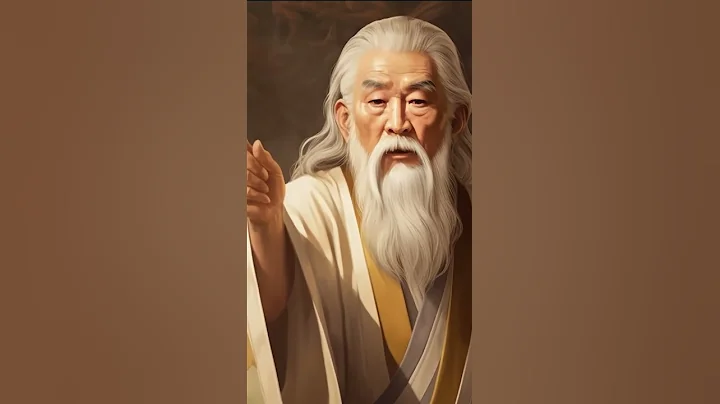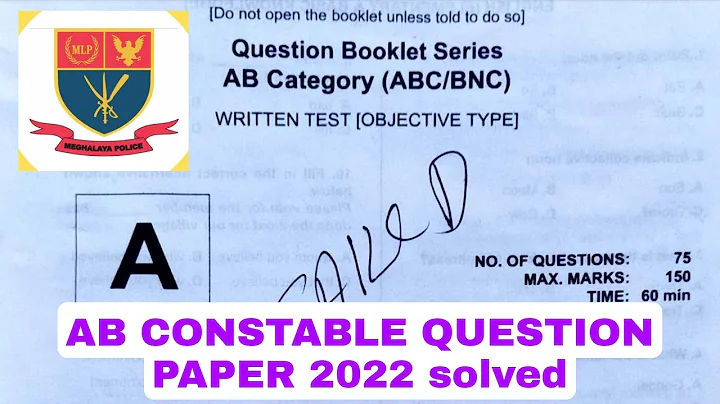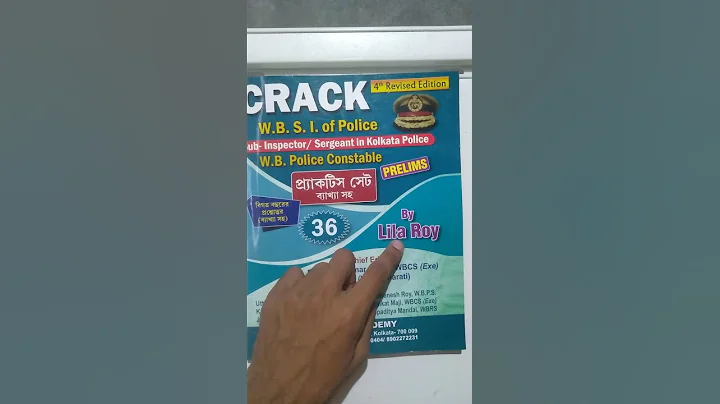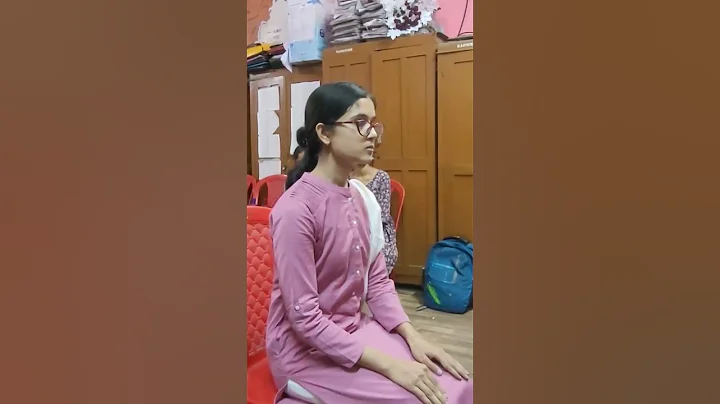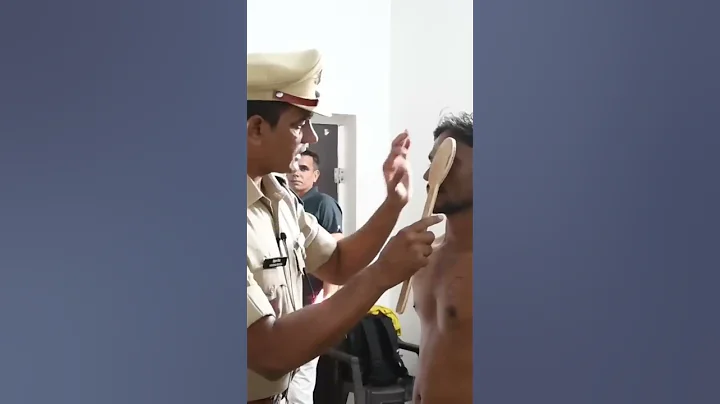The Great World in Myth 13: What is the Underworld like

King of Hell
For all Chinese people, when it comes to King Yama, it can be said that no one knows about it. He is the supreme ruler of the underworld, and the emperor is the emperor of the underworld, so he is the "emperor of the underworld". When a person dies, unless he is qualified to become an immortal, he must accept the judgment of the King of Hell.
In fact, King Yama is not unique to our culture, but an imported product. His ancestral home is in India and was introduced to China with the introduction of Buddhism. As soon as King Yama entered China, he immediately became famous. Not only were his statues or portraits everywhere in Buddhist temples, and the incense was strong; even Taoism joined in and highly praised him. Among the people, he has become a god who punishes evil and promotes good. His status is not lower than that of Buddhism or the Jade Emperor.
So where did King Yama come from?
In ancient Indian mythology, there has long been a distinction between the underworld and the underworld, that is, the human world and hell. Of course, the king is in charge of the human world, and the king of hell is King Yama5. Yama is the transliteration of ancient Indian language. Some people also translate it as Balrog and Yama Luo. If transliterated from the transliteration, it means equality. In the eyes of ancient Indians, there may be various inequalities in the world of the underworld, but in the underworld, in front of King Yama, everyone is equal, and there is no room for cheating and cheating. To achieve this, King Yama must of course be "equality".
Buddhism talks about reincarnation and equality. The so-called reincarnation means that life must lead to death, death must lead to life, and the cycle is endless. There is a saying in Buddhism that "If you want to know the cause of the past life, the recipient of this life is; if you know the cause of the future life, the author of this life is." People who believe in Buddhism and do good deeds will enter the Western world after death, or become Bodhisattvas, who will no longer be subject to reincarnation, or be entrusted to the gods. World, they may continue to enjoy wealth and honor in the human world; but those who do not respect the Three Jewels (Buddha, Dharma, and Sangha) and do many evil deeds will enter hell to suffer after death. The supreme ruler there is King Yama. He acts impartially and never engages in malpractice for personal gain, so he is known as the King of Equality. Hui Lin's "Sound and Meaning of All Sutras" says:
This is the administrator of the karma of life, death, sins and blessings. It is responsible for guarding the eight colds and eight heats of the hell, as well as the small prisons of the dependents, etc., serving the ghost soldiers, chasing the sinners in the five places, beating and punishing, and making decisions. Good and evil, no rest.
" Dharma Garden Pearl Forest " says:
King Yama, who used to be the king of Savi, often fought with King Vitaru Sheng, but was outnumbered, so he swore an oath to become the king of hell. Eighteen of his ministers and subordinates jointly vowed to assist Yama and punish the sinners. The eighteen people are the ones who lead the eighteen hells.

The Horrifying Hell
There are great differences in the Buddhist scriptures about how many levels of hell there are. Some say eighteen levels of hell, some say the eight cold and eight ripe hells, and some say the eight major hells. Our country's classical novel "Journey to the West" also lists the names of the eighteen levels of hell in detail. The author will not go into details here, but simply tells the readers about the eight hells:
1. Waiting for Living Hell : Sinners are punished by torture.
2. Black Rope Hell: Measure the rope and cut it according to its length.
3. Public Hell: Add all kinds of torture instruments one by one and be tortured in turn.
4. Howling in hell: causing sinners to suffer so much that they make miserable screams.
5. Scream in hell: one step further than howling.
6. Fiery Hell: Wherever a sinner goes, the fire never leaves his body, making him miserable and miserable.
7. Hot Hell: One step further than fiery.
8. Endless hell: endless suffering from various punishments. This hell, also known as Abi Hell, is the lowest level among all the hells. It is specially designed to serve the ghosts who have committed the most evil crimes, so that they will never be able to stand up again.
I never thought that Buddhists could come up with so many cruel and cruel punishments, which is really "unbelievable". But perhaps because there are indeed many extremely evil people in the world who are ruthless in doing things and commit various heinous crimes, readers must see such news on the Internet every day. It is indeed necessary to punish such criminals.
In order to take care of these many hells of different names and forms, some people later felt that only one King of Yama was not enough to deal with it, so the Ten Halls of Yama appeared.Originally, only one equal king could handle it, but now it has to be transformed into ten, each living in the same palace, so as to facilitate the trial of countless bad guys.
These Ten Palaces of Hell each have their own names. Here is a brief introduction for readers:
One Palace of Hell: King Guang of Qin is the incarnation of the Buddhist Ming King. Specializing in longevity, death, life and death in the human world, and governing good and bad luck in the underworld. There is a sin mirror in the hall, allowing sinners to see their sins, and then they are escorted to the second hall to suffer in prison.
The Second Hall of Hell: King of Chujiang, the incarnation of Tathagata Buddha. He is in charge of the living hell. Anyone who hurts someone's limbs, raped, robbed or killed anyone in the human world will be pushed into this hell and will be escorted to the third hall after being tortured.
Three Halls of Hell: Song Emperor , the incarnation of Manjushri Bodhisattva. He is in charge of the Black Rope Hell. Anyone who disobeys his elders and instigates lawsuits will be thrown into the hell, and then transferred to the fourth hall.
The Four Halls of Hell: The King of Five Senses , the incarnation of Samantabhadra Bodhisattva. The Great Hell of the Chief of Staff, where ordinary people who refuse to pay for food or rent, or commit fraud in transactions are pushed into this hell.
The Five Palaces of Yama: Yama, the Demon King , the incarnation of Ksitigarbha. The chief summons the Great Hell, and anyone who reaches this palace is ordered to go up to the Wangxiang Terrace to recall their past sins, and then is sent to the Small Heart-killing Hell to hook out their hearts.
The Sixth Hall of Hell: Becoming a king, the incarnation of Maitreya Buddha. The commander screamed about hell and the city of futile death. Those who resented everything in the world, and drank and spit in the north will be sent to this prison. After serving their sentences, they will be released from the seventh palace.
Seven Halls of Hell: King of Mount Tai, the incarnation of the Musician Tathagata. The Re-annoying Hell, also known as the Ui Mo Meat Sauce Hell, is where those who take the bodies of mortals and leave human flesh and blood are sent to hell.
Eight Halls of Hell: King of Equality, the incarnation of Guanyin Bodhisattva. The director is in the great hell of great heat and anger. Anyone who is unfilial while alive will be sent to the hell, and then released to the tenth palace, where they will change their appearance and become beasts forever.
Nine Halls of Hell: King of the City, the incarnation of Mahasthamaprapta Bodhisattva. The Abi Hell is in charge. Anyone who kills people and sets fire in the upper world will be released to this hell, where they will hold a hot copper pillar to burn their heart and liver, and then be sent to the animal realm, where they will lose their human body forever.
The Tenth Hall of Hell: King of Wheels, the incarnation of Amitabha. The ghosts of each department were identified, good and evil were distinguished, their grades were determined, and they were sent to the four major continents to be reincarnated. Some were transformed into wet-born fetuses, such as insects and ants. Before sending it in, let the ghost go to the table of Meng Po God and drink the mist soup to make it forget about the past life.

The Ten Palaces of Hell
It can be said that it took great pains to establish the entire judicial system of the underworld in this way. Can it really serve as a warning and deterrent to crime? Maybe, in line with the creed of "I'd rather believe what I have than what I don't have", in order to avoid such an end, people will try not to touch those bottom lines. But for some lawless evil people who are not afraid of heaven and earth, this is an illusory thing after all. After giving it a contemptuous smile, they continue to do their "great cause" that is harmful to nature and justice. No wonder sociologists, educators and religious figures often sigh helplessly at such people.
